Suzannah Mirghani’s Sudanese drama “Cotton Queen” won the top prize Sunday at the Thessaloniki Film Festival, taking home the Golden Alexander for best feature film.
Mirghani’s arresting debut — the first-ever feature film shot…
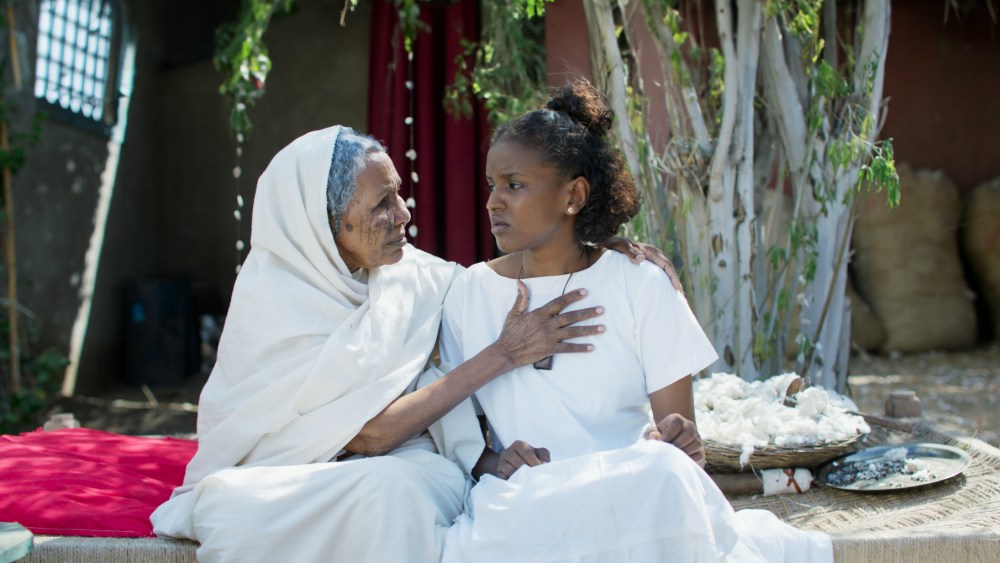
Suzannah Mirghani’s Sudanese drama “Cotton Queen” won the top prize Sunday at the Thessaloniki Film Festival, taking home the Golden Alexander for best feature film.
Mirghani’s arresting debut — the first-ever feature film shot…

Published on
Puerto Rican rapper Daddy Yankee and Argentine producer Bizarrap are set to headline the half-time show…

It started as a trawl of dusty archives for an academic project about female Irish emigrants in Canada and the US by two history professors, a worthy but perhaps niche topic for research.
The subjects, after all, were human flotsam from
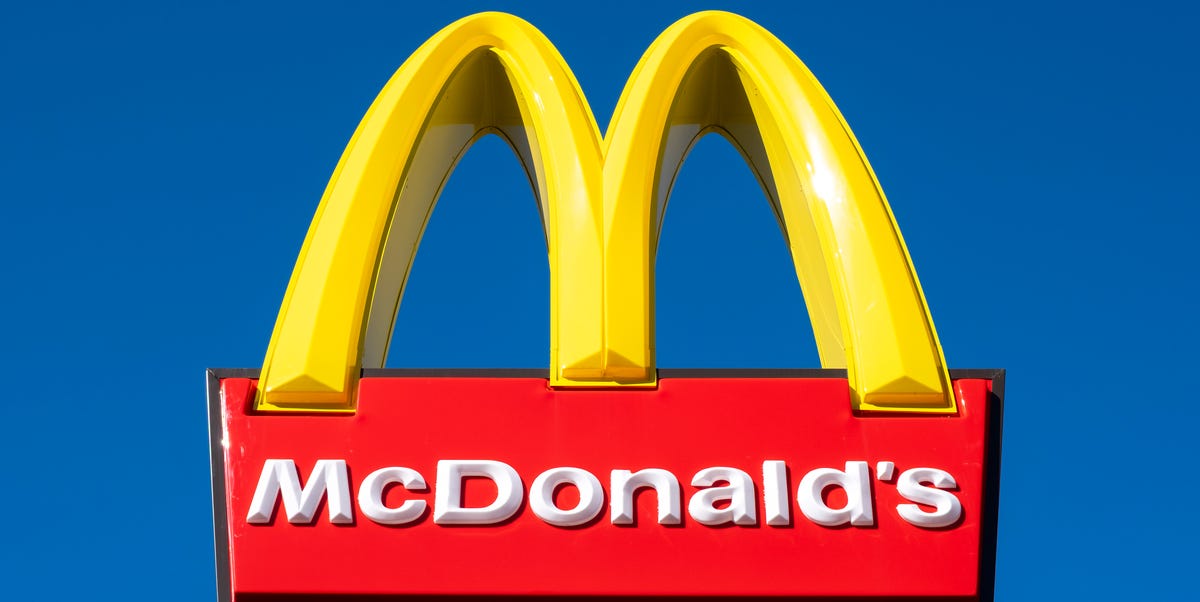
McDonald’s just added a little touch of…
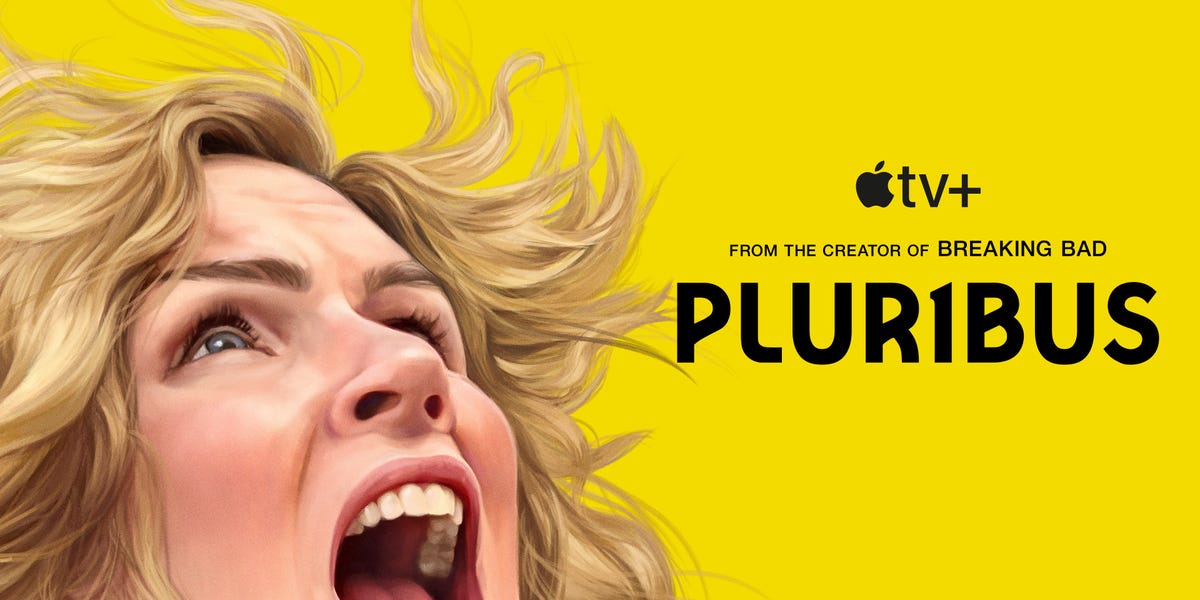
Tucked away at the end of the credits of Apple TV’s newest show, “Pluribus,” is an unusual disclaimer:
“This show was made by humans.”
The sci-fi drama is the latest from showrunner Vince Gilligan, of “Breaking Bad”…
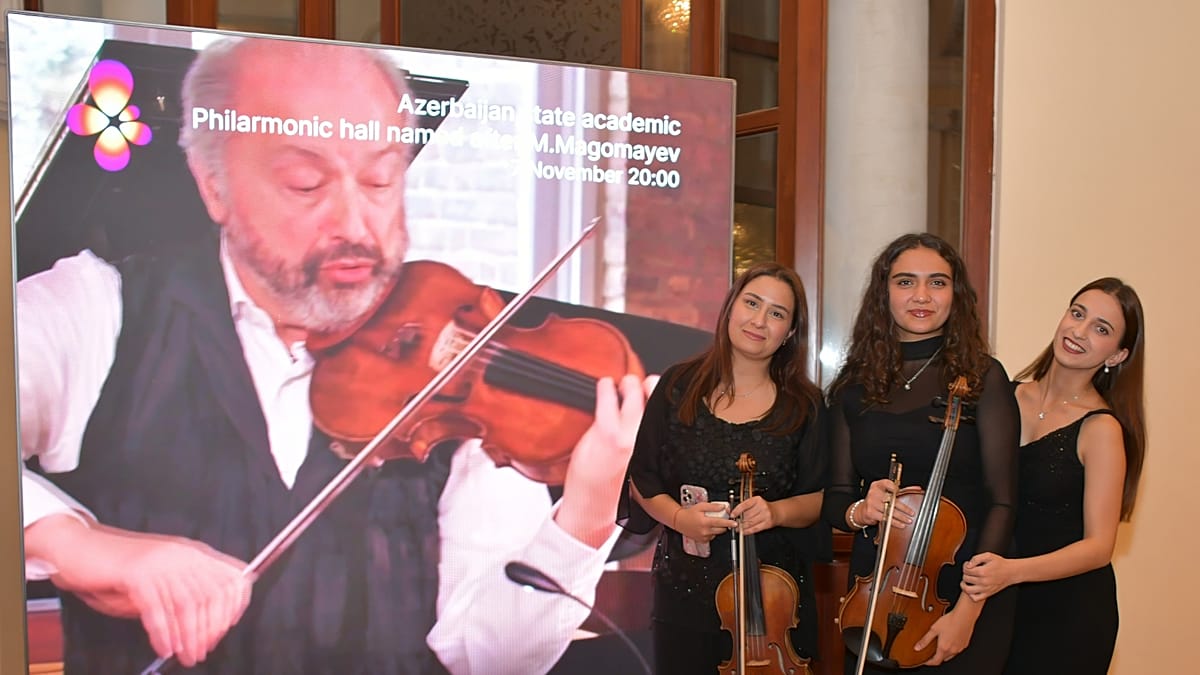
By Esmira Aliyeva
Published on
The Baku International Arts Festival (BIAF) enters its second weekend with a…

Demi Lovato, Kerry Washington, Jessica Alba and Ciara were among the bold-faced names who stunned on the red carpet Saturday night at the annual Baby2Baby Gala in Los Angeles.
Serena Williams was presented with this year’s Giving…
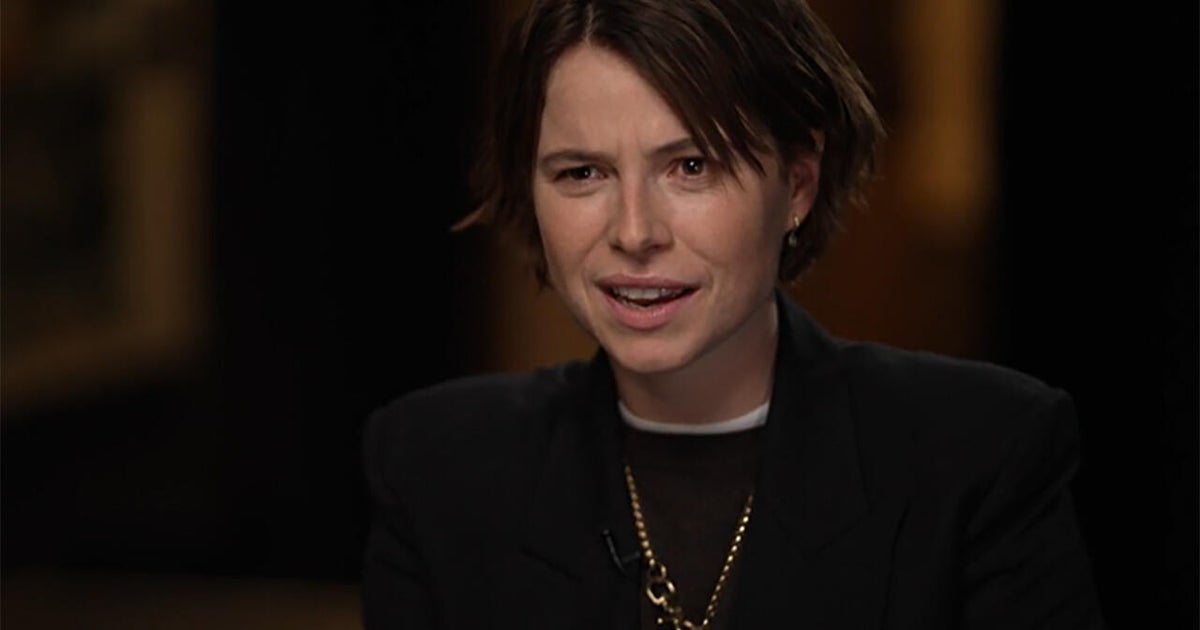
She’s been called “the acting world’s best-kept secret.” But Jessie Buckley’s latest role, in the film “Hamnet,” may change that. As Rolling Stone put it, people “will be talking about Jessie Buckley’s performance for years.”
Buckley plays…

Ariana Grande attended the Paris premiere of Wicked: For Good on November 8.
She opted for a truly divine vintage Givenchy gown with ethereal, magical detailing.
Also during her stop in Paris, she wore a custom hot pink Givenchy dress along…